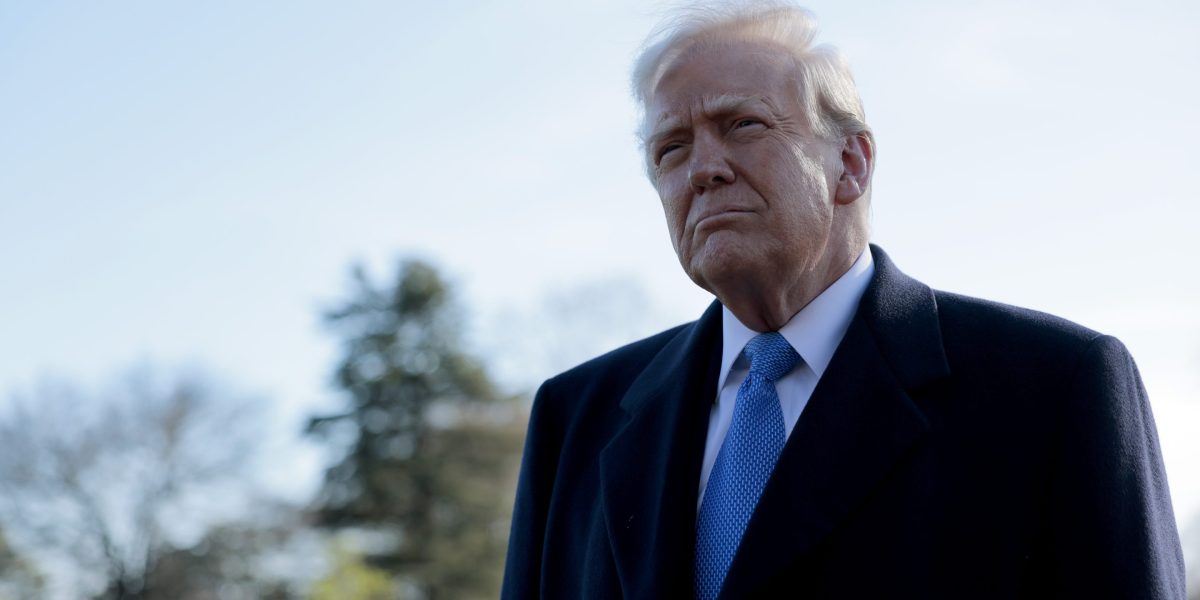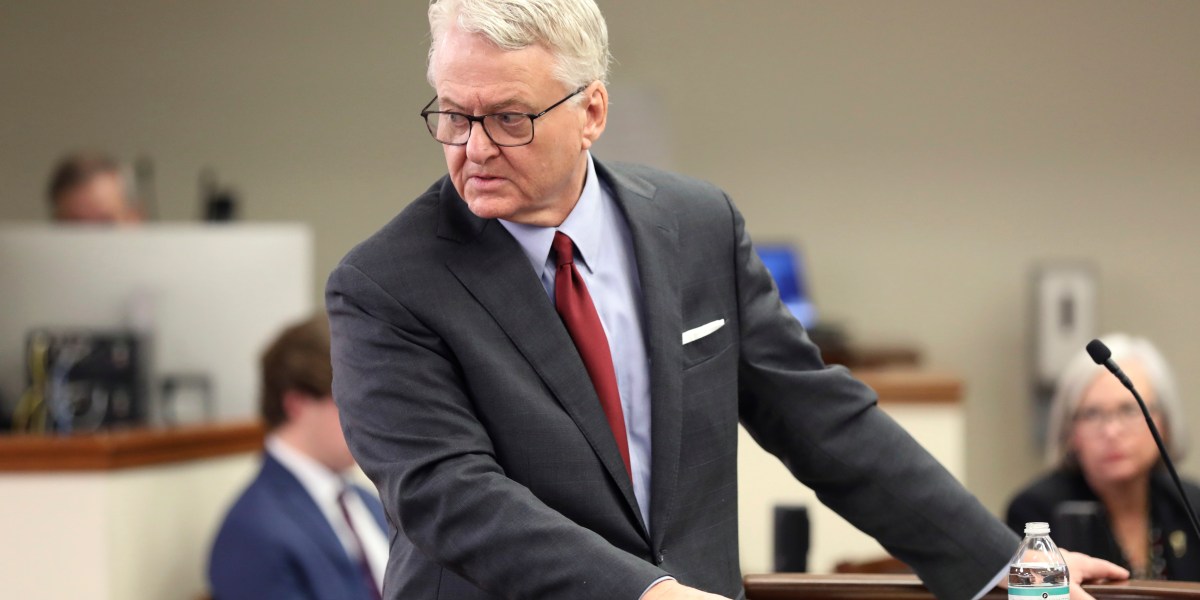Americans are dying earlier than Europeans—and the rich are not exempt.
In a new study published today, researchers at Brown University analyzed the survival rates and wealth of older adults in the U.S. and Europe over 12 years. They found that Americans’ survival rate was lower than their European counterparts across all wealth tiers. The wealthiest in Northern and Western Europe had a mortality rate roughly 35% lower than that of the wealthiest Americans.
“Whatever is happening with mortality in the U.S. and these decreases that we see in life expectancy are not just things that are happening to the poorest Americans,” Irene Papanicolas, senior author of the study and a professor of health services, policy, and practice at Brown School of Public Health, tells Fortune. “There’s something systemic that’s happening that affects every American.”
In the study, published in the New England Journal of Medicine, researchers used data from over 73,000 adults between the ages of 50 and 85 in the U.S. and 16 European countries.
Despite socioeconomic privilege, the researchers found that the survival rate of the wealthiest bracket of Americans “was statistically equivalent to the poorest wealth quartile in North and Western Europe,” Papanicolas says. “So they’re not just doing worse than the richest quartile. They’re statistically equivalent to the poorest quartile in that region.”
Papanicolas hypothesizes that several of the European countries at play, like Germany, the Netherlands, and Switzerland, are high spenders on health care, but they address the social determinants that exacerbate the health and wealth gap more adequately than the U.S.
Wealth still equals better health
Despite the discrepancy for the wealthiest in the U.S., across the board, the study underscores that wealth impacts health. The richest have better survival rates than the poorest, explained by the ability to pay for out-of-pocket health care costs, access to safer living situations, and education that provides health literacy, says Papanicolas.
But the study found that America’s health gap between the richest and poorest was most stark. The poorest Americans had the lowest survival rates of all the study participants.
“Greater inequity might just make a lot of what we need for a healthy life inaccessible to more and more people,” she says. “For a country that spends so much more, we really should be doing more.” The researchers conclude that a mixture of culture, policy, and environment can influence how much wealth impacts health, which seems most notable in the U.S.
“Across all wealth quartiles [in Europe], people were more likely to have a college education as compared to the U.S. where that was much more concentrated across the most wealthy. Even things like smoking, we saw that there was less of a social gradient than we saw in the U.S,” Papanicolas says. “In a lot of the European countries, the top three quartiles were much more clustered together, so it didn’t really seem to make that much of a difference. The poorest do worse everywhere, but the majority of people had a much more similar trajectory in Europe [than in the U.S.].” (The authors note that the sample size in Europe cannot be generalized across all European countries).
Papanicolas notes that the paper does not conclude definitive causes for the results but does extrapolate on the potential systemic issues afflicting the U.S. survival rates.
“As we think of policies to address this, we really need to think, what are these factors that are so prevalent that they’re influencing everybody but that in other countries aren’t?” Papanicolas says.
Here are three reasons for shorter U.S. lifespans:
Avoidable causes of death
In the U.S., external deaths, such as from firearms, alcohol, and suicide, were higher compared to other wealthy countries.
“This points to a weaker public health infrastructure that isn’t protecting people, as well as other high-income countries are from these deaths,” says Papanicolas. “I think we really need to think about how we bolster public health and protect people.”
High rates of cardiovascular death
High rates of heart disease, a significant risk factor for early mortality, also plague the U.S more dramatically than other high-income countries.
“We need to think about diagnosis and treatment and making sure that everybody has access to affordable medications and is able to prevent the risk factors that can lead to deaths from heart disease,” Papanicolas says.
A weaker social state
Compared to the U.S., Papanicolas says European countries “invest in, potentially, a more robust social state that protects you from the stress of losing your job.”
“Your healthcare isn’t attached necessarily to your employment, and you have, maybe with more equal access to education, also more equal opportunities to become wealthy throughout the life course,” she says.
Another flag for a weaker social state: The U.S. dropped to its lowest rank on the annual World Happiness Report last month. “All of these play a role in the population, not only in the short term, but particularly in the long term,” Papanicolas says.
The study points to an urgent priority: a public health strategy with a goal of equal access to aging well, just as the Trump admin is dismantling health agencies charged with offering services to older adults, from mental health care to access to healthy food.
“Look to other countries and understand what they do, because it is possible to achieve a better survival with less,” says Papanicolas. “There’s also potentially a note of hope here that we can do better.”
This story was originally featured on Fortune.com
Source link


 Entertainment8 years ago
Entertainment8 years ago
 Politics8 years ago
Politics8 years ago
 Entertainment8 years ago
Entertainment8 years ago
 Entertainment8 years ago
Entertainment8 years ago
 Tech8 years ago
Tech8 years ago
 Tech8 years ago
Tech8 years ago
 Tech8 years ago
Tech8 years ago
 Politics8 years ago
Politics8 years ago






